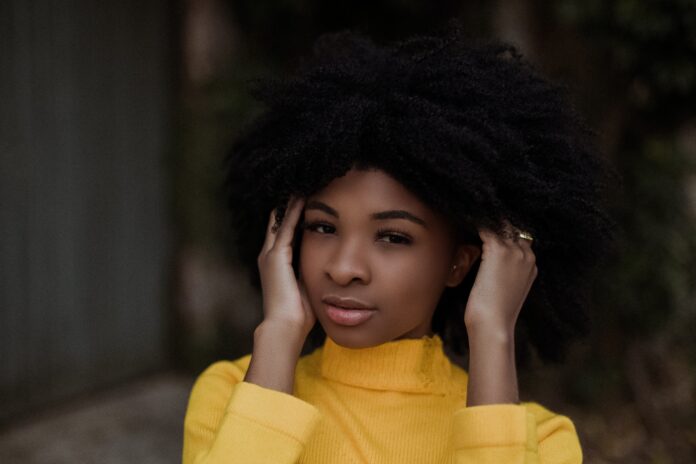
By
At the end of high school I started wearing synthetic hair extensions. All of my Black friends wore extensions, Black women in music videos wore them — usually long and honey blonde — and I wanted to fit in.
I remember feeling a sense of ease the day I got them sewn in. But within a few hours, that ease quickly turned into stress — I seemed to be having an allergic reaction to something. I scratched my scalp so hard that it bled. Two weeks later, I took my extensions out because my scalp continuously felt like it was on fire.
Little did I know back then that synthetic hair is commonly made with ingredients like vinyl chloride — the toxic, carcinogenic chemical that leaked in the Northern Southern Railway train derailment in East Palestine, Ohio. It Synthetic hair can also contain polyester and nylon, which both pose health and environmental risks.
Ciara Imani May, founder of Rebundle, a St. Louis-based company that makes hair extensions out of banana fiber, told Word In Black through email that she also stopped using synthetic hair extensions after experiencing severe scalp irritation.
“I was wearing braids back to back and was growing my hair out from a fade. I was getting my hair braided every two to three weeks consecutively. I had inflammation, itchiness, scabs, and flakes,” May says. “I started looking into what about the hair was causing irritation.”
Her own experience, along with concern for the environment and the health of Black women, inspired May to found Rebundle in 2019. The banana fiber her company uses to make extensions is, yes, from bananas.
I was getting my hair braided every two to three weeks consecutively. I had inflammation, itchiness, scabs, and flakes.
CIARA IMANI MAY, REBUNDLE
I had inflammation, itchiness, scabsIt’s “a byproduct of the stem of the tree that usually goes to waste. Our hair extensions are formulated with biodegradable ingredients and are compostable,” May says.
In contrast, the plastic in synthetic hair can take decades, if not hundreds of years, to fully decompose.
Roughly 44% of hair extensions worldwide are synthetic. There’s certainly plenty of demand. In 2021, the market for wigs and extensions was worth $6.13 billion globally.
May describes her bundles of hair — which sell for $45 — as “gentle on skin and safe to wear.” But profit wasn’t the main reason she started Rebundle. May also hopes to inspire Black folks to care about the impact of climate change on our communities.
“Climate change is all around us and already affecting our health, ecosystem, food systems, and more,” she says. “Our community is more susceptible to systemic and environmental racism and has to be active in the fight to keep our families and neighborhoods safe.”


